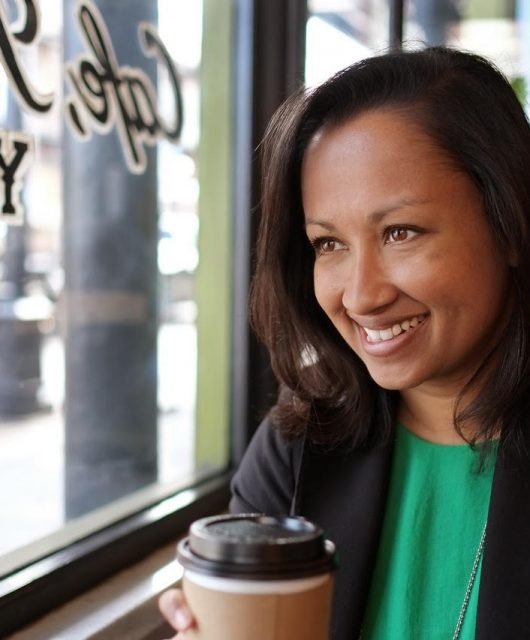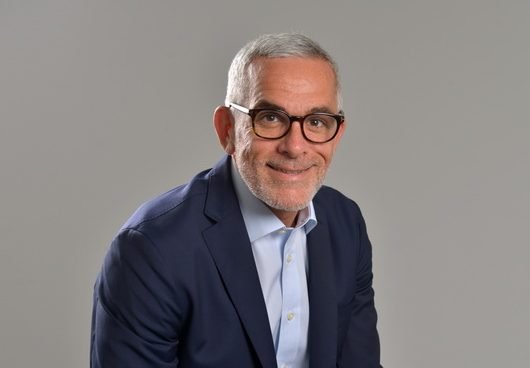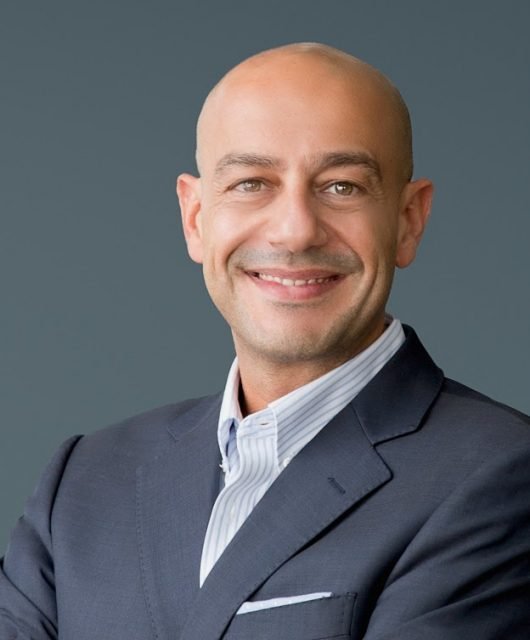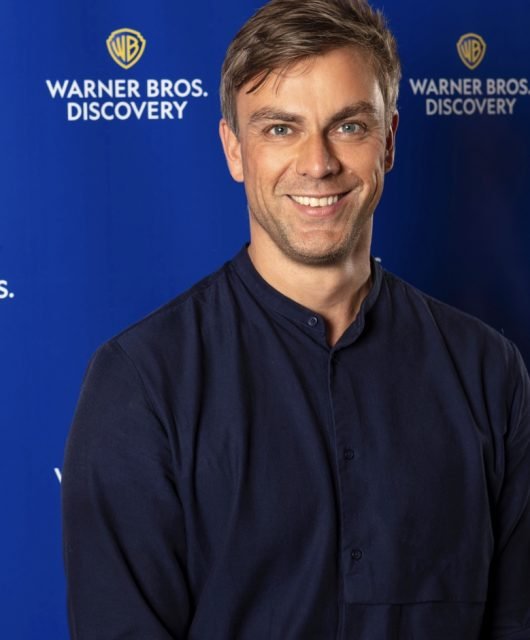Building An Agile Startup Brand: Q&A With MIT Enterprise Forum’s Maya Rahal
Developing an effective brand strategy is critical to the early success of startups and emerging companies. One of the fundamental malpractices startups’ founders often do is the emphasis on the technical capabilities of their products, services or mobile apps, putting the brand building mission on the side. We’ve exclusively interviewed Maya Rahal, Managing Director of MIT Enterprise Forum for Pan Arab Region, on her views on how startups of the Middle East can build agile brands.
BB: In your opinion, in a nutshell, why startups are in a dire need for branding?
MR: It’s very important for an early-stage startup to have a well-defined brand that is appealing, identifiable, and consistent. In order for a startup to define its brand, though, it must provide a well-rounded solution faced by its target user base. By having a consistently human voice, a startup’s brand paves the way towards building a long-term ‘reputation’ in the ecosystem, that is defined by how users interact with the product. The brand of a startup reflects its core values as well as the solution it delivers, which creates a cycle of trust between the startup, investors, and users.
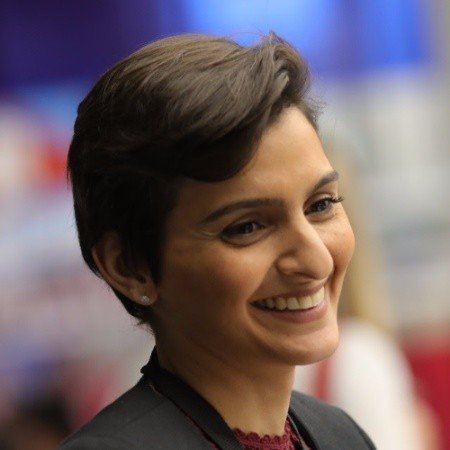
BB: The global startup ecosystem is very cluttered, making it tough to stand out. What is the “WOW” factor that will allow a startup brand to cut through the noise and position itself strongly and consistently?
MR: Authenticity and having a human voice is what makes a startup brand stand out from the crowd. Also, being relevant and in-tune with what your users are talking about shows that you, as a brand, care and that you are listening. The ‘wow’ factor is not particularly defined by a logo, or a smart name of the company, but rather in how users are impacted by what you provide.
BB: To drive growth and accelerate quickly and steadily, startups need to remain focused and on track with a clear and structured vision. How can startup brands scale up through leadership?
MR: Personally, I don’t think a startup’s brand scale up per se, but rather it matures and becomes more personified, especially as the startup expands to new markets. Meaning, a startup’s brand learns to become more agile and adaptable to change.
BB: We are seeing a lot of successful collaborations happening between big brands and startup brands. What potential lies in such collaborations and what makes them a win-win situation for both?
MR: When corporates and startups brands collaborate here’s how why it would be a win-win situation:-
For Corporates: they benefit from the agility and ability to change things, in addition to tapping into a new market that might have, otherwise, not been possible.
For Startups: They would benefit from the exposure, tapping into new markets, added credibility, and recognition as a new player in any industry. Also, startups would highly benefit from the resources provided the corporate, in addition to grabbing investor’s attention.
BB: How do you see the entrepreneurship scene in the Middle East from a branding perspective? Any breakthroughs?
MR: Many of the region’s entrepreneurs are influenced by Western aesthetics, something which does not resonate well with an Arab user. Many of the region’s startups opt for a name that’s short and catchy, though does not work with a primarily Arabic-speaking audience. A great example to consider would be the ride-hailing app ‘Careem’, where they used the Arabic translation of the word, which means ‘generous’, to their benefit.

